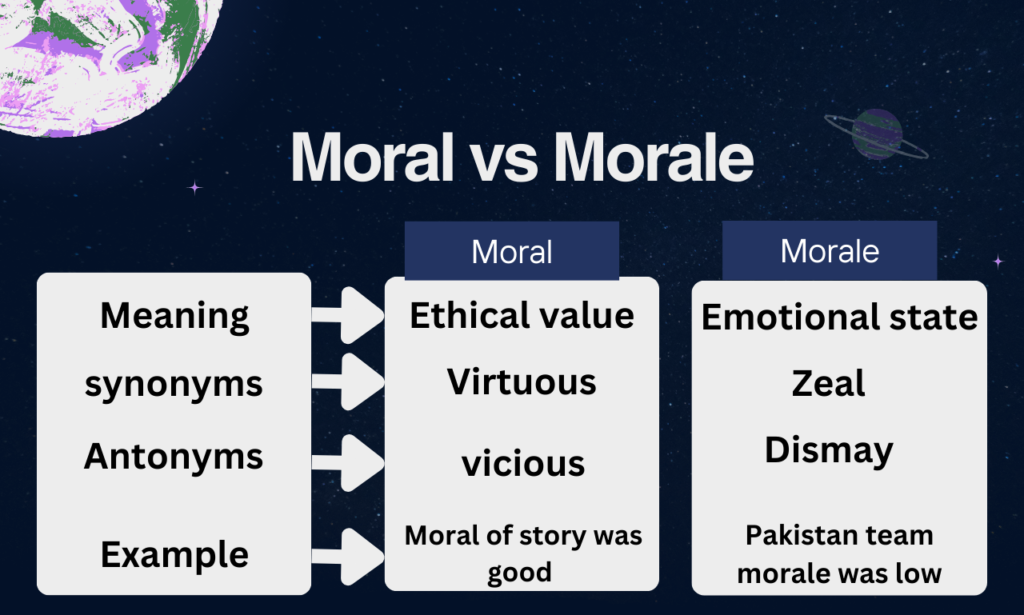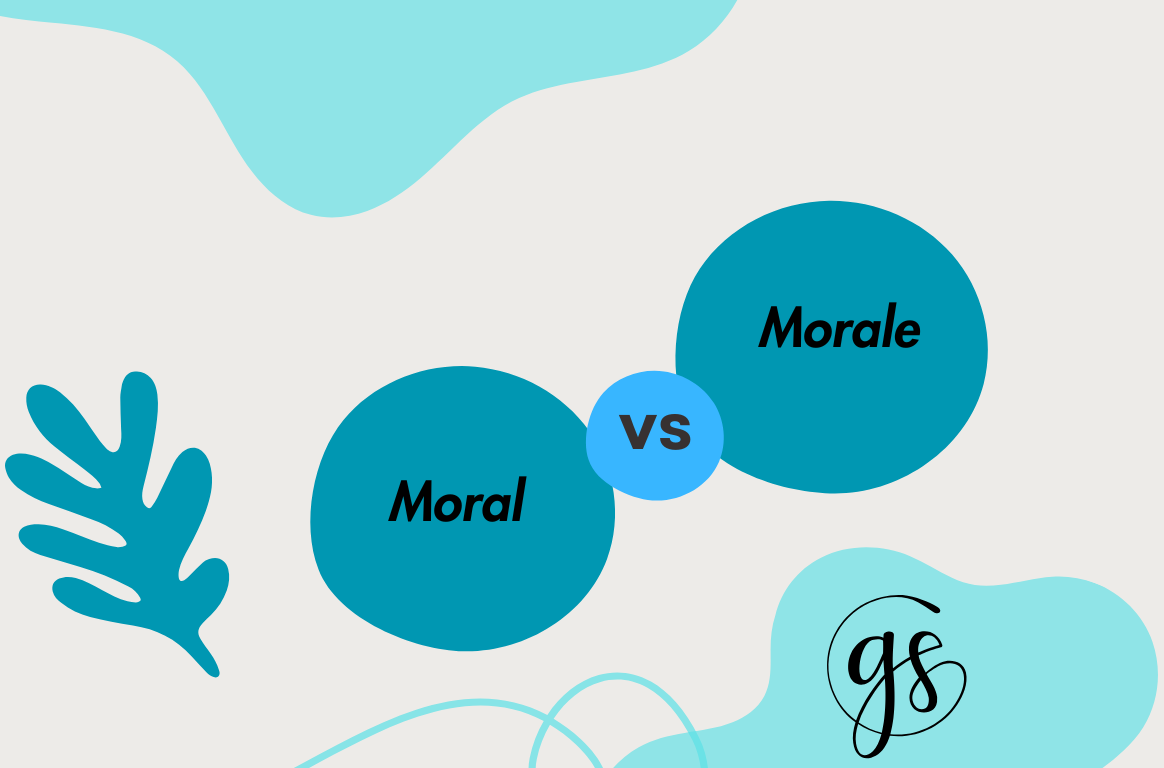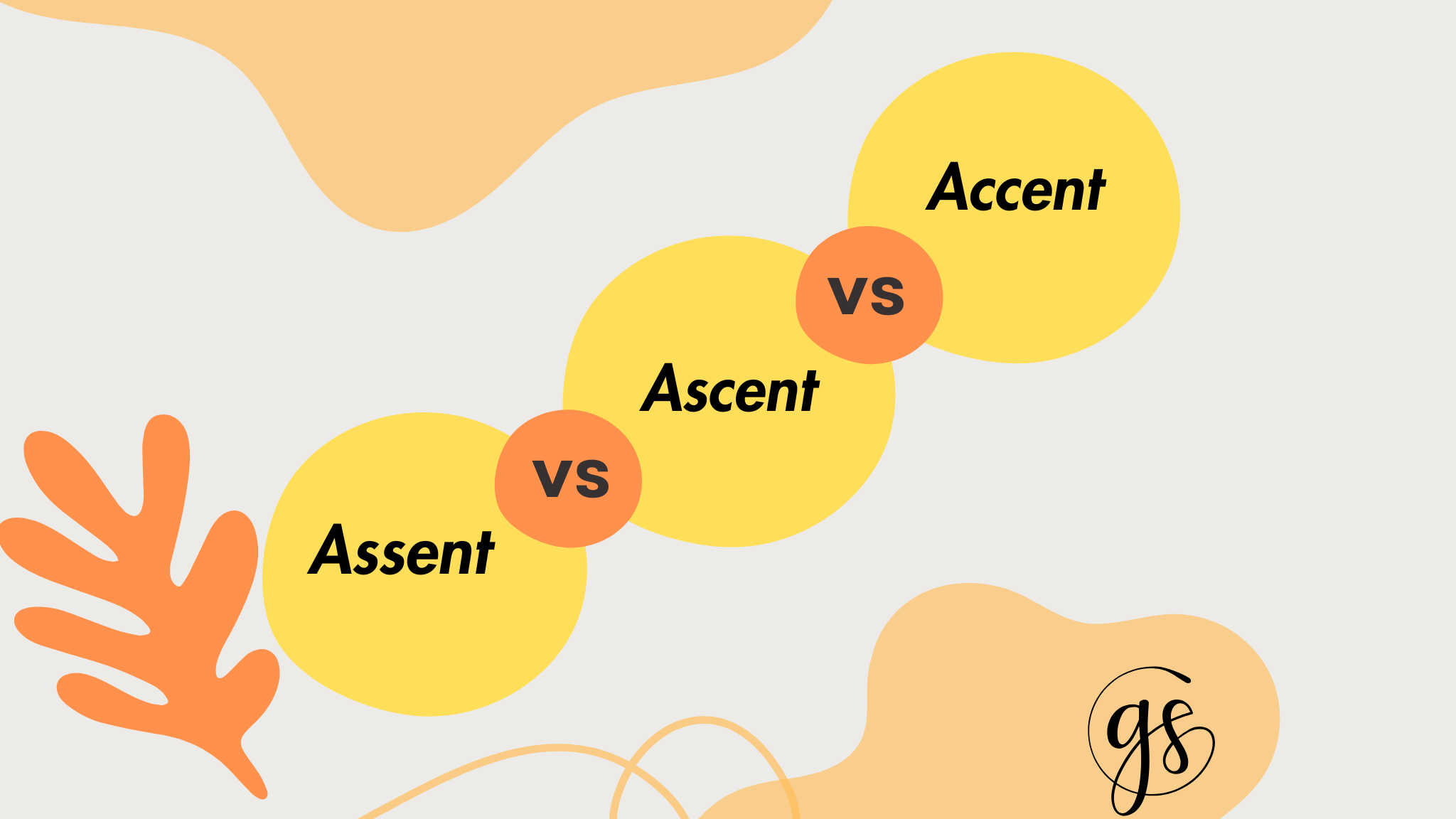Introduction
Moral meaning:
It refers to the ethical or values-based lesson or significance that can be drawn from a situation, story, or action. It often concerns what is right or wrong, good or bad, just or unjust, and it can relate to guiding principles for how people should behave or how they ought to treat others.
Moral meaning often reflects cultural, religious, or philosophical views on what is considered virtuous or virtuous behavior, and it may vary depending on context or belief system.
Morale meaning :
It refers to the emotional or mental state of a person, group, or community, particularly in terms of their enthusiasm, confidence, or motivation. It is often used in the context of a team’s spirit, confidence, and overall sense of well-being, especially during challenging times.
Origin
Moral origin
Latin Origins:
Mos (habit, custom) referred to the social practices or behaviors that were considered acceptable or proper in a given culture. Moralis was used to describe anything related to personal conduct, often in the sense of adhering to these social norms.
Medieval Latin:
The term was adopted into Medieval Latin as moralis, meaning “pertaining to manners or behavior,” with a particular focus on ethical conduct.
Early Modern English:
The word entered the English language in the 14th century, likely through Old French moral, meaning “pertaining to good conduct or ethics.” It was used to describe the principles of right and wrong, and how people should behave in a given society.
Morale origin
The word “morale“ comes from the French word morale, which means “moral,” and is related to the Latin word moralis, which means “pertaining to customs, habits, or character.
Latin Roots:
The Latin word moralis (meaning “pertaining to manners, customs, or character”) evolved from mos (genitive moris), meaning custom or habit. This Latin root is connected to ideas of conduct and behavior.
French Influence:
The term morale (with the modern sense of “mental or emotional state”) entered English through French in the 18th century. In French, morale referred to the mental and emotional conditions of a person or group, especially their attitudes and feelings towards challenges or goals.
Adoption into English:
By the early 18th century, “morale” in English referred specifically to the collective emotional state or spirit of a group, especially in terms of motivation, confidence, and determination. For example, the morale of a military unit or sports team would refer to how positive, confident, or motivated the group is during a particular time.
Moral pronunciation and morale pronunciation
Moral synonyms
- Ethical
- Virtuous
- Righteous
- Upright
- Principled
- Honorable
- Just
- Good
- Noble
- Decent
- Right
- Fair
- Upstanding
- Scrupulous
- Conscientious
Moral antonyms
- Wicked
- Vicious
- Corrupt
- Unprincipled
- Depraved
- Rogue
- Unrighteous
- Sinful
- Shameless
- Vice-ridden
- Unjust
- Iniquitous
Morale synonyms
- Spirit
- Confidence
- Mood
- Enthusiasm
- Mental state
- Attitude
- Disposition
- Optimism
- Courage
- Drive
- Determination
- Zeal
- Energy
- Team spirit
- Motivation
Morale antonyms
- Dejection
- Hopelessness
- Dismay
- Disheartenment
- Apathy
- Gloom
- Defeatism
- Cynicism
- Indifference
- Demoralization
- Low spirits
- Dispiritedness
Example of moral
- The moral of the story is that honesty always pays off in the end.
- He made a moral decision to return the lost wallet he found on the street.
- Her moral compass guided her to help others even when it wasn’t easy.
- The teacher explained the moral lessons in the fable to the students.
- It’s important to maintain moral integrity, even when no one is watching.
- The book had a strong moral message about the value of friendship and loyalty.
- They debated the moral implications of the new law in the meeting.
- His actions were driven by a strong sense of moral duty to protect the innocent.
- The film’s moral lesson was that greed can lead to one’s downfall.
Example of morale
- The team’s morale was low after their fourth straight loss, but they were determined to keep fighting.
- A motivational speaker was brought in to boost the morale of the employees during the difficult project.
- Despite the setbacks, the morale of the soldiers remained high, thanks to their strong leadership.
- The manager worked hard to improve office morale by organizing team-building activities and offering more recognition.
- Good news from home helped to raise the morale of the troops stationed overseas.
- The coach emphasized that maintaining high morale was just as important as skill on the field.
- The company’s morale improved significantly after the announcement of new opportunities for career growth.
- Regular breaks and positive reinforcement can help maintain morale in a high-pressure work environment.
Conclusion
While moral and morale may sound similar, their meanings are distinctly different and serve unique purposes in our lives. Understanding the difference can enhance our communication and deepen our insights into ethical dilemmas and emotional climates. Moral refers to the principles of right and wrong that guide our behavior, while morale reflects the overall spirit and confidence of a group or individual. By recognizing these distinctions, we can foster better relationships both personally and professionally.

FAQs
Is ‘moral’ only related to ethics?
Yes, the term ‘moral’ primarily relates to ethics and values that govern behaviors regarding right and wrong.
What is the difference between morals and morale?
Moral and morale may sound and look similar, but they have distinct meanings and uses. Moral is an adjective with the meaning of correct behavior; ethical. Morale is a noun describing the emotional state of a group or individual.




